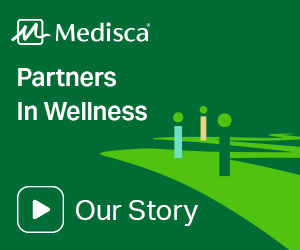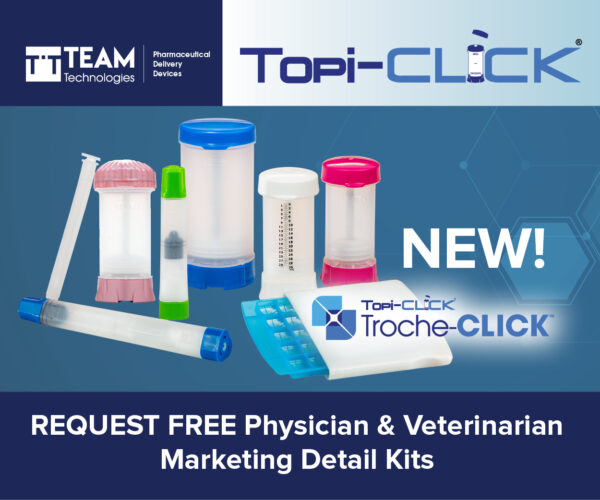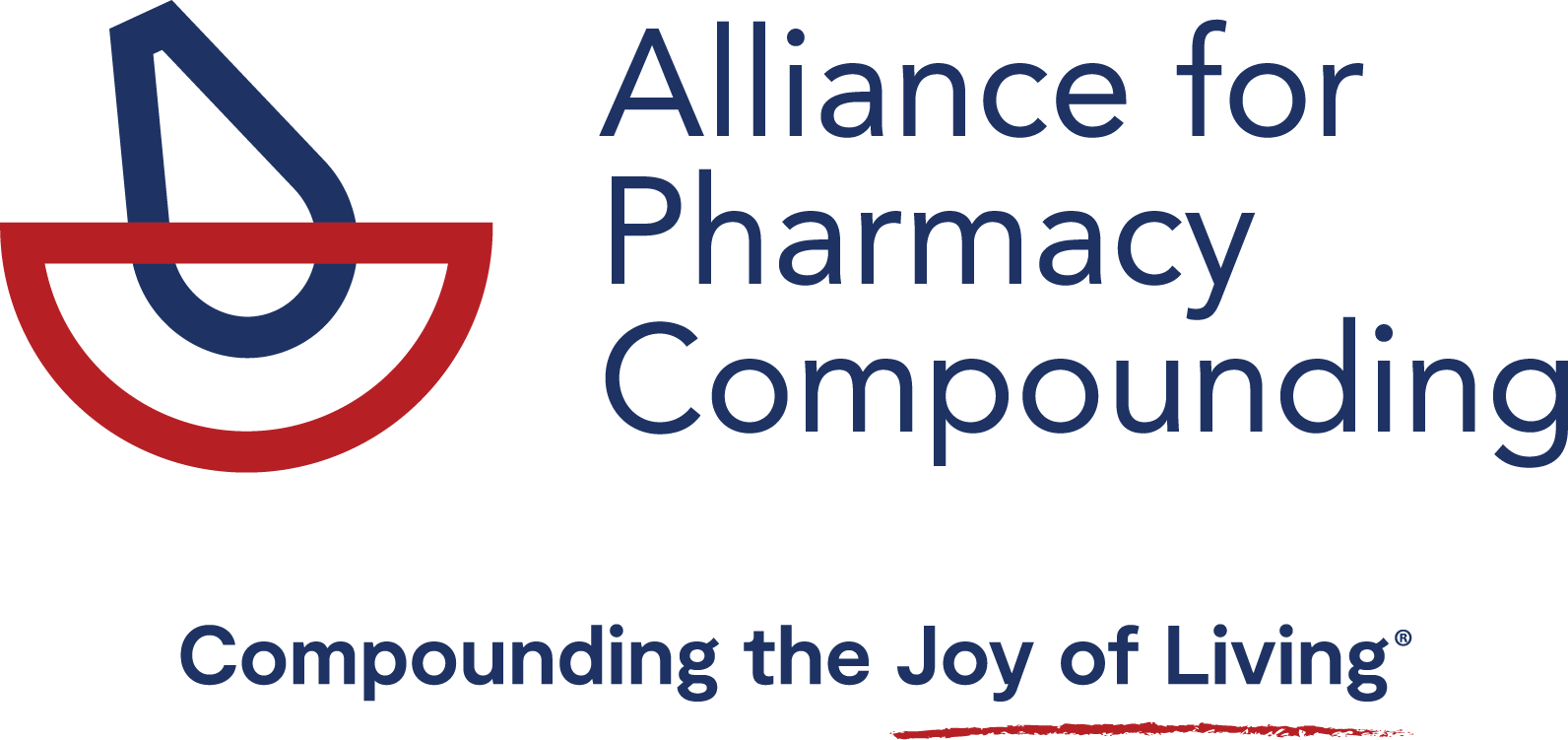New ‘Best Practices’ and Other Resources
APC’s Board of Directors recently released these new compliance and informational resources for compounding pharmacies:

Tattoos, legal counsel, and good info
If APC had a tattoo on its bicep — if we had a bicep, I mean — it might well read “Consult legal counsel.” read more →
APC sent a letter to the New Mexico Board of Pharmacy this week commenting on its proposed amendments that would align the state with USP (good), but would also require that pharmacists ensure all flavors are inert (yikes). read more →
Board approves new officer succession
The APC Board of Directors has voted to name Gina Besteman (previously vice president) the board chair-elect after the resignation of Michelle Moser from the position. Besteman will assume the chair in January 2025. read more →
FDA is concerned about compounded GLP-1 dosing errors
Earlier this week APC received a letter from the FDA explaining the agency's concerns regarding dosing and patient usage of compounded semaglutide and tirzepatide. read more →
Did you get your Compounding Pharmacy Snapshot?
If you haven’t already, don’t forget to download and share the 2023-2024 edition of our Snapshot of Pharmacy Compounding in America. read more →
On Tuesday, the Federal Trade Commission released a scathing, two-years-in-the-making report about PBMs. read more →





APC’s Board of Directors recently released these new compliance and informational resources for compounding pharmacies:
CONTACT US
E-mail: info@a4pc.org
Phone: (281) 933-8400
Fax: (281) 495-0602
Mailing: Alliance for Pharmacy Compounding
100 Daingerfield Road, Ste. 100
Alexandria, VA 22314
APC is committed to addressing any concerns or complaints within one business day. Please send them — and, of course, any compliments — to info@a4pc.org.
THE APC FAMILY
